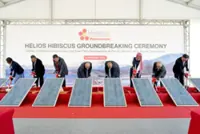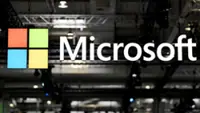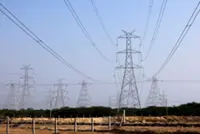KUCHING: Sarawak will export the bulk of green hydrogen produced from a plant in the Petrochemical Hub in Tanjung Kidurong, Bintulu, to South Korea.
Once operational, the plant will produce annually 630,000 tonnes of green ammonia, 600,000 tonnes of blue ammonia and 220,000 tonnes of green hydrogen, of which 7,000 tonnes will be for domestic use and the rest exported to South Korea, said Sarawak Premier Datuk Patinggi Abang Johari Tun Openg.





